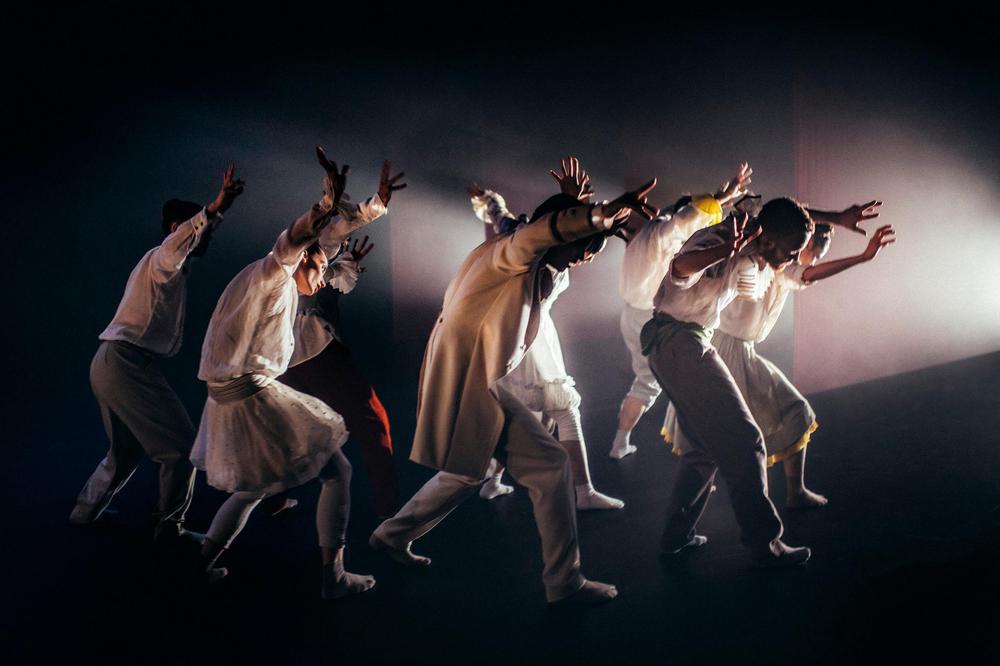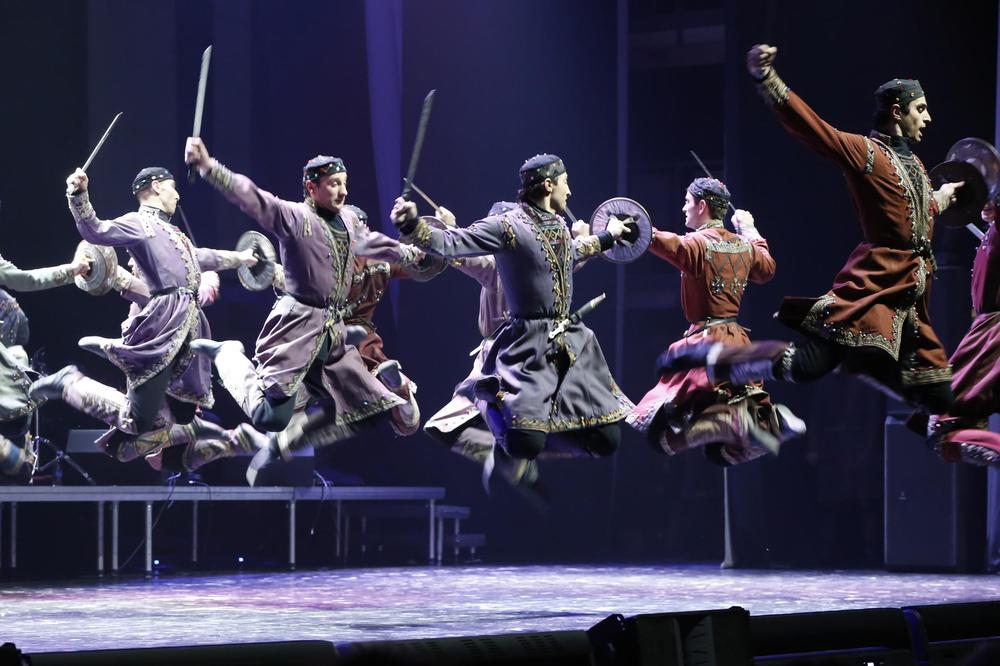Rustaveli Theater and Its Historical Significance
The Rustaveli Theater: A Cultural Beacon in Georgia
The Rustaveli Theater, prominently located on Rustaveli Avenue in Tbilisi, Georgia, stands as a monumental figure in the realm of Georgian performing arts. Established in 1887, this theater has not only witnessed but also shaped the evolution of Georgian cultural expression through its dynamic performances.
Architectural Marvel and Artistic Heritage
Architects Cornell K. Tatishchev and Aleksander Szymkiewicz designed the theater's ornate Rococo-style edifice, which encapsulates a rich blend of architectural artistry and historical significance. The building initially served as an "Artists' Society" and was later named the Rustaveli Theater in 1921, in honor of Georgia's celebrated national poet, Rustaveli. It underwent a substantial renovation from 2002 to 2005, funded largely by Georgian businessman Bidzina Ivanishvili.
Stages and Facilities
The Rustaveli Theater is equipped with three stages: the main stage with approximately 800 seats, a smaller stage accommodating 283 viewers, and a Black Box Theatre for experimental performances, offering 182 seats. This diversity in performance spaces allows the theater to host a wide range of shows, from traditional to avant-garde.
The Essence of Performances at Rustaveli Theater
Diversity in Theatrical Productions
The Rustaveli Theater is renowned for its eclectic mix of performances, encompassing everything from classic plays and operas to contemporary ballets. The theater's interior, adorned with grand chandeliers and lavish decorations, sets the perfect stage for these high-quality productions.
Notable Productions and Directors
Pivotal to the theater's reputation are productions like Bertolt Brecht's "The Caucasian Chalk Circle," directed by Georgian luminary Robert Sturua. This production, among others, highlights the theater's commitment to both classic and contemporary works, infusing them with a unique Georgian flavor.
A Hub for Cultural Exchange and Innovation
The Rustaveli Theater is not just a venue for local talent but also a platform for international exchange, often hosting artists from around the world. Its productions regularly feature innovative approaches, combining traditional Georgian elements with modern theatrical techniques.
The Role of Rustaveli Theater in Contemporary Georgian Culture
A Beacon for Performing Arts in Georgia
Today, the Rustaveli Theater is more than a historical landmark; it is a vibrant center for artistic expression and cultural dialogue. Its role in promoting Georgian theater on the global stage is unparalleled, with its diverse repertoire appealing to a wide audience.
Educational and Social Impact
Beyond entertainment, the Rustaveli Theater also plays a crucial role in the educational sphere, nurturing new talent and inspiring future generations of Georgian artists. It serves as a social hub, bringing together people from different walks of life to celebrate the richness of Georgian culture.
Conclusion
The Rustaveli Theater, with its storied past and dynamic present, continues to be a cornerstone of Georgian culture and arts. Its commitment to preserving traditional forms while embracing innovation makes it a symbol of the nation's artistic soul and resilience.


 Georgian Polyphonic Singing Concerts
Georgian Polyphonic Singing Concerts
 Georgian Puppet Theaters
Georgian Puppet Theaters
 Georgian Folk Dance Shows
Georgian Folk Dance Shows




